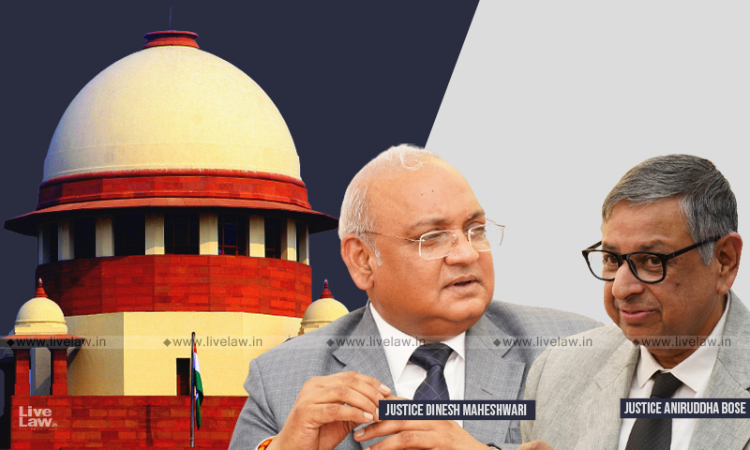The Supreme Court observed that the Trial Courts, while awarding multiple punishments of imprisonment, have to specify in clear terms as to whether the sentences would run concurrently or consecutively. Any omission to carry out this obligation causes unnecessary and avoidable prejudice to the parties, the bench comprising Justices Dinesh Maheshwari and Aniruddha Bose observed.The...

